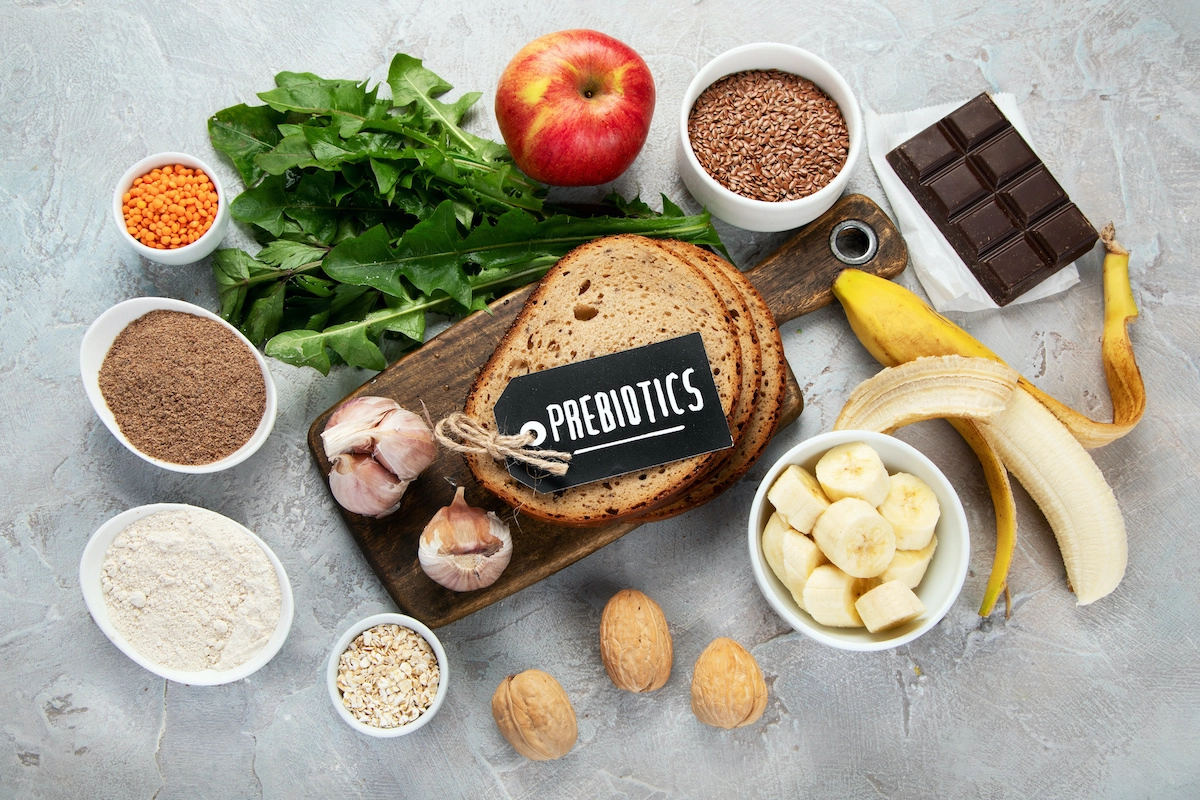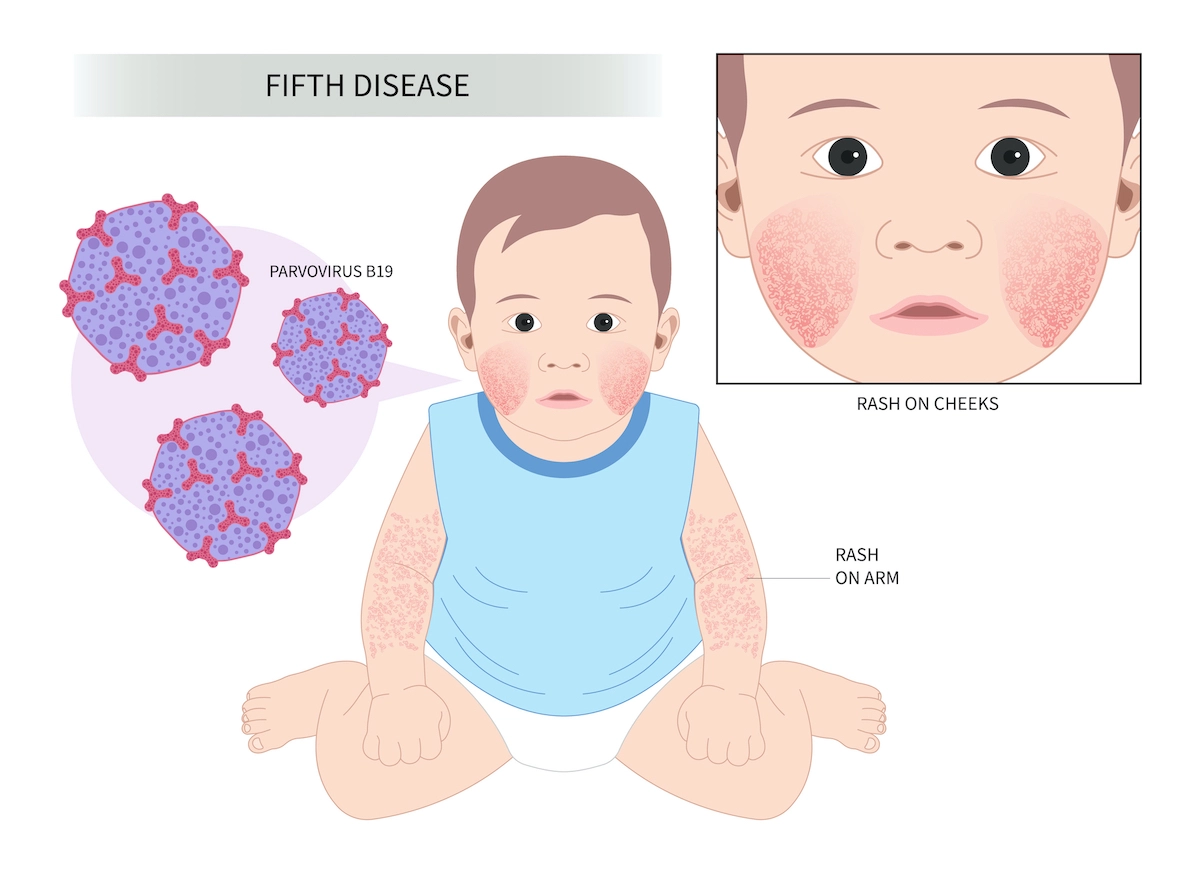Prebiotics are undigestible fibers or compounds found in plant-based foods that nourish and stimulate the growth of beneficial gut bacteria. They play a crucial role in maintaining a healthy gut microbiome, which can have positive effects on digestive health, overall well-being, immune function, and nutrient absorption.
These non-digestible fibers which are naturally found in foods like onions, leeks, artichokes, wheat, bananas, and are particularly abundant in chicory root. They enhance the well-being of the gut by stimulating the growth and function of beneficial gut bacteria.
New research suggests that a high dose prebiotic regimen could lead to reduced brain responses to calorie-rich foods. This could open doors to less invasive strategies for obesity prevention and treatment.
According to the study, recently published in the journal Gut, consuming significant amounts of prebiotics in one’s diet is associated with a decrease in the brain’s response to high calorie food cues related to reward. When study participants rated high calorie foods, their brain’s reward centers showed reduced activity after they had consumed the prebiotic fiber. This change in brain response was accompanied by a shift in the types of bacteria present in the gut.
These findings may imply a possible connection between the health of the gut and the way the brain makes decisions about food. The intake of high dose prebiotic fiber was found to dampen the brain’s response to high calorie food stimuli, suggesting a potential pathway for weight management.
Currently, researchers are conducting a follow-up study, investigating the impacts of prolonged, high-dose prebiotic usage over six months on eating habits, brain function, and body weight in individuals who are overweight or obese.The results were promising for the treatment of obesity.
What to know about inulin, a healthful prebiotic
Inulin is a type of dietary fiber that is often available in a powder form. Research has linked it to several health benefits, such as improving digestive health, helping control diabetes, and aiding weight loss.
Inulin is a dietary fiber that may benefit gut health. Plants naturally contain inulin, and some manufacturers add it to processed foods. Articles about gut health often talk about inulin, but some people have concerns about its side effects and how well it works.
Inulin is also fructan. Like other fructans, it is a prebiotic, meaning that it feeds the good bacteria in the gut.
Inulin occurs in around 36,000 species of plants, and researchers say that chicory roots are the richest source (3).
Many plants contain only small amounts of inulin, while others are excellent sources.
Here’s how much inulin is in 3.5 ounces (oz), or 100 grams (g), of the following foods:
- chicory root, 35.7–47.6 g
- Jerusalem artichoke, 16–20 g
- garlic, 9–16 g
- raw asparagus, 2–3 g
- raw onion pulp, 1.1–7.5 g
- wheat, 1–3.8 g
- raw barley, 0.5–1 g
Safety and side effects
Researchers have studied the different forms of inulin extensively, and it appears to be safe for most people in small doses.
However, people who are intolerant to FODMAPs are likely to experience significant side effects. (FODMAPsare any of a group of carbohydrates whose presence in the diet is thought to contribute to the symptoms of irritable bowel syndrome. The term is used mainly with reference to a diet that is low in these compounds, which are mainly carbohydrates) .
Those who are allergic to ragweed may also experience worsened symptoms after taking chicory inulin. Additionally—and very rarely—people with a food allergy to inulin may experience anaphylaxis, which can be life-threatening.
When adding inulin to the diet, start with small amounts. Larger amounts are more likely to trigger side effects. Increasing intake slowly over time will help the body to adjust.
The most common side effects are:
- flatulence (gas)
- bloating
- abdominal discomfort
- loose stools and diarrhea
Should you take inulin? Inulin has several potential health benefits. It may promote gut health, help with weight management, and help manage diabetes.
That said, scientists need to do more high-quality research before they can know the actual health effects of inulin in the human body. While it is safe for most people, remember that those with a FODMAP intolerance or certain allergies should be cautious.
When adding inulin to the diet, people should start with a low dose and gradually increase their intake over a few weeks.
Inulin is widely available as a supplement in health food stores and online.
Source: Adapted from an article https://www.medicalnewstoday.com/articles/prebiotics-weight-loss-changing-brains-response-to-food#What-are-prebiotics?












